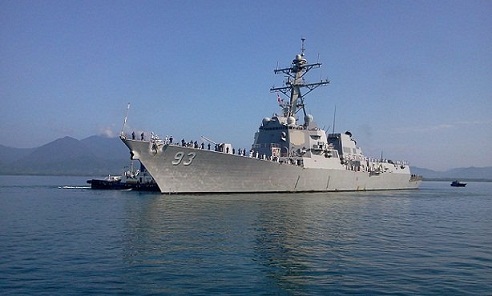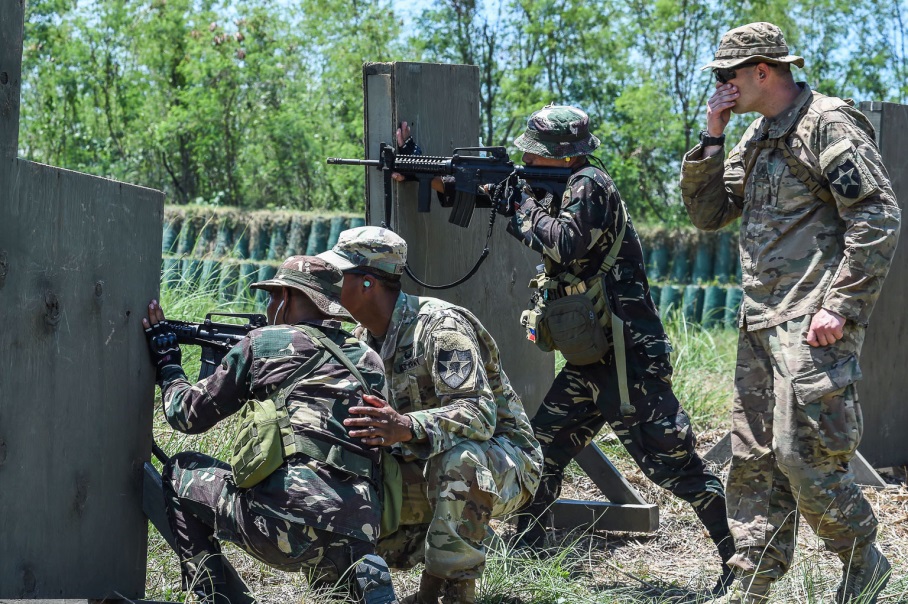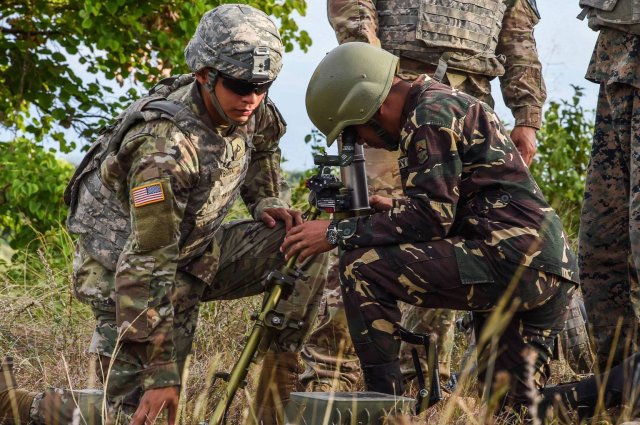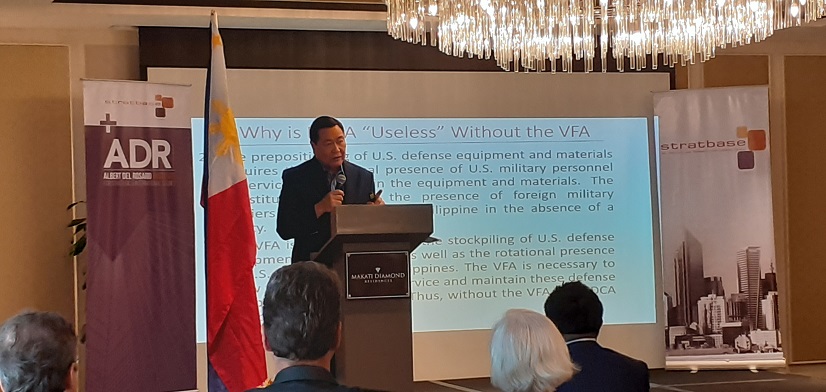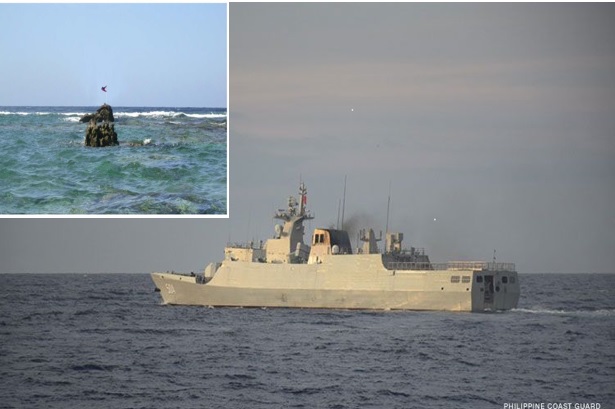By LAURO BAJA, JR.
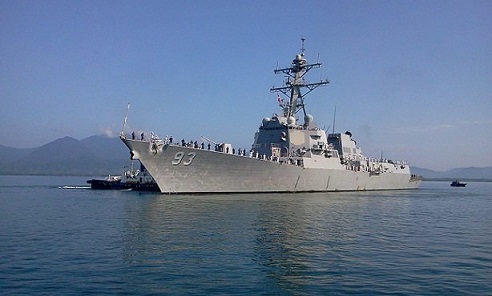 THE proposal for “increased” access to facilities in Subic and other places to US forces and those of other “allies” is a byproduct of US desire to upgrade their pivot in Asia and of the Philippines necessity to arrest the rampaging actions of China in the West Philippine Sea.
THE proposal for “increased” access to facilities in Subic and other places to US forces and those of other “allies” is a byproduct of US desire to upgrade their pivot in Asia and of the Philippines necessity to arrest the rampaging actions of China in the West Philippine Sea.
The plan could either be a blessing or a curse for the Philippines.
The decision to implement the plan should be guided first and foremost, and only, by a determination that it would be in our national interest. It would be a political judgment call by the leadership of the country. It should be operationalized within a strategic framework which will maximize security, economic and diplomatic benefits for the Philippines. As far as possible, the country must unite behind the plan if adopted. The first step is to lower the decibels about it.
Secretary of Defense Voltaire Gazmin put it in a simple, frank and direct manner why we need the increased access. We are helpless in the midst of a resolute China which has been gobbling reefs and shoals in the South China Sea with impunity. The hope is that the increased presence of the US will make China stop, look and listen in its march for hegemony in the region. Will this be a forlorn hope?
China today is not the China of yesterday. Today it is the second largest economy in the world which does not hesitate to use its economic clout to achieve its political ends. There is a young Chinese nationalism among significant sectors of the population which now consider their country as the center of the world. It has a mission to right the wrongs done to them throughout their history. It is a big neighbor to the north with new found power which cannot be ignored.
The US today is not the US of yesterday. After exhausting military adventures to advance democracy in different parts of the world and after successive economic setbacks, it finds itself in a diminished position in global affairs.
The unipolar world is over and the US finds itself no longer able to impose its will as some sort of global policeman. Still and realistically, the US seems the only antidote to the cancer which is spreading in the West Philippine Sea.
The security architecture in the Asian Pacific region has also shifted. Asean today is not the Asean of yesterday. The solidarity and unity of the Organization have dissipated and members now place premium on bilateral relations as geopolitical balance shifts.
While there is consensus on the advantages of a continued US economic presence in the region, members are wary of increased military presence. For national convenience, they may look the other way if the Philippines embrace the US rebalancing of forces to Asia.
The US pivot is already in Asia: in Australia, in Singapore and in the Philippines.
Here, there has been increased augmentation of US troops and increased deployment; more war games and military exercises; more frequent docking of US warships at our ports. (Do they pay fees?) There have been unfortunate incidents of the pivot: dumping of untreated wastes in our waters; the Tubbataha destruction of corals by the USS Guardian; drones found in Masbate.
The Visiting Forces Agreement has been cited as covering the actions in the increased access plan. Even before the pivot, there is already a need to revisit the VFA and renegotiate provision on the concept of “visiting”, “activities” and criminal jurisdiction. The increased access plan makes this revisit more urgent.
The challenge for Philippine foreign policy is to craft a strategic framework which will meet the challenges of take advantage of the opportunities of the US pivot in Asia. The challenge for the Philippine diplomacy is to adopt an alert, agile and aggressive approach to shifting developments in the region.
Where do our national interests reside? How best can we protect and promote these interests? Can the US sustain or is it willing, to sustain its pivot to Asia? These could well be existential questions for us.
(The author was the Philippine Permament Representative to the United Nations (May 2003- Feb.2007). Prior to that, he was Foreign Affairs Undersecretary for Policy.)
